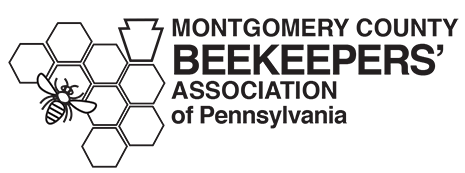MCBA Intermediate Course
2026 Registration HERE
Instructor: Master Beekeeper, Regina Rhoa
This course is designed for beekeepers who have completed the beginner classes OR with at least 1 year of experience, Below is a rough outline of the course materials. So that the beekeepers can prepare for the following month, the materials are presented a month in advance of when activities are usually needed. However, since we will all be experienced beekeepers, the material will be altered to reflect the participants needs. Seasonally relevant questions will be welcome. When we visit the club’s beehives each beekeeper is required to wear a veil.
When: 3rd Wednesday of the month March - August (except May- 2nd Wednesday) 6 pm to 9 pm.
Where: Montgomery County 4H Center.
Cost: $120 per person / $180 per couple for MCBA members; $150 per person / $210 per couple for non-MCBA members.
Class size is limited and enrollment will be allotted on a first to register-first enrolled basis.
Course Outline:
March 18, 2026
- · Dead out and colony forensics
- · Swarm Management
- · Making splits and nucs
- · Building equipment and frames
- · Spring feeding
April 15, 2026
- · Honey Bee Biology
- · Dance Language
- · Laying Workers
- · Honey Production
May 13, 2026
- · Pheromones
- · Brood Diseases
- · Introducing Queen Cells/Virgins
June 17, 2026
- · Adult Diseases
- · Varroa Mites
- · Hive Secondary Pests
- · Managing Queen Castles
July 15, 2026
- · Honey Bee Diet/Nutrition
- · Planting for Bees
- · Honey Sales/Marketing
August 19, 2026
- · Fall Management
- · Winter Colony
